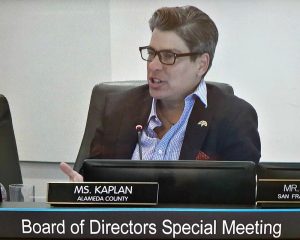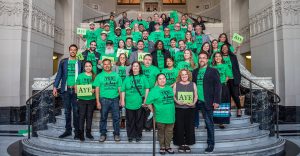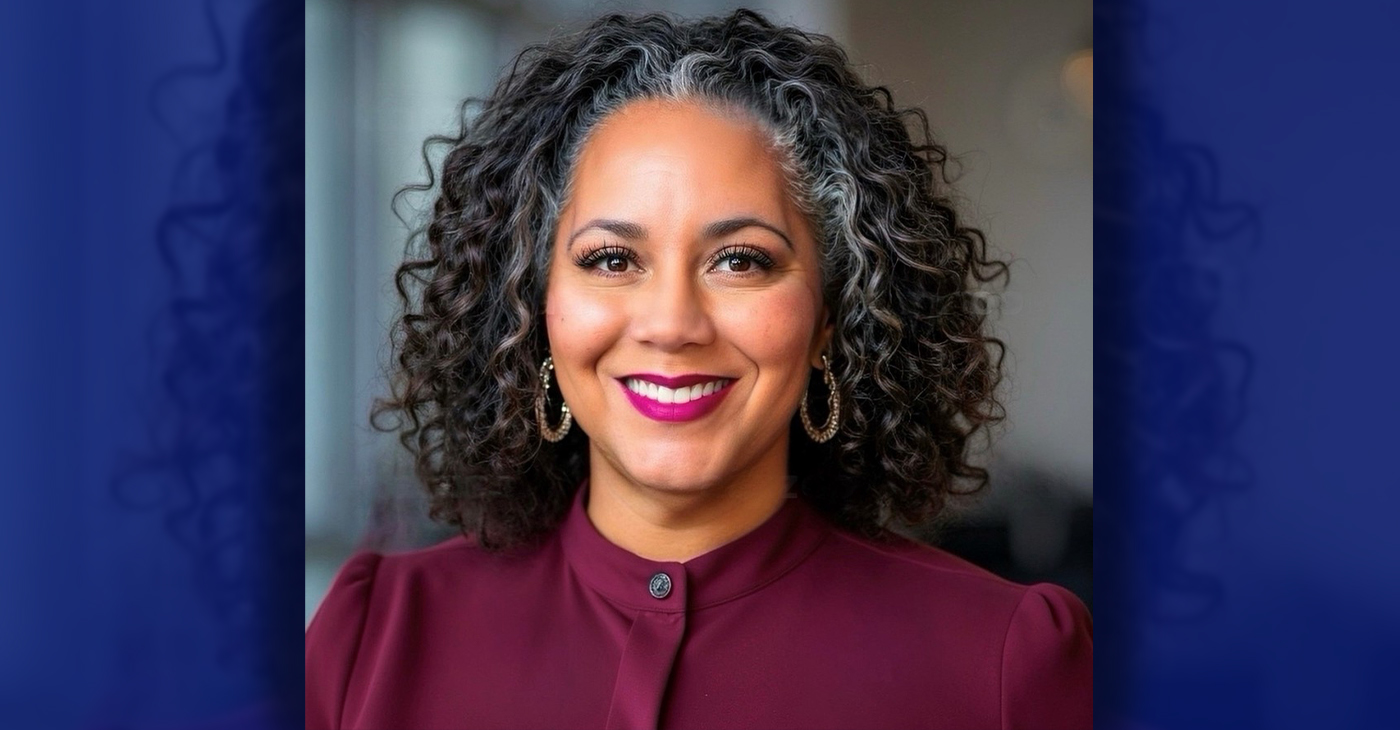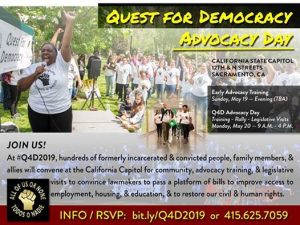Bay Area
Out-of-work Gig Workers Can File for Unemployment Beginning April 28

Activism
“Victory” for Voting Rights: Weber and Bonta Hail Judge’s Decision on Huntington Beach I.D. Law
“Today’s victory makes one thing crystal clear: No city in our state, charter and non-charter alike, is above the law,” Bonta said. “All along, Secretary of State Weber and I have maintained that Huntington Beach’s voter ID policy is illegal, and now, the state’s highest court has weighed in and agreed with us. Measure A won’t be taking effect — ever.”
Activism
Can You Afford a Mortgage but Not the Down Payment? Dream For All Offers Up to $150K
Duvernay-Smith’s journey exemplifies the transformative potential of Dream For All, a program designed to help first-generation homebuyers across California. Applications will open on Feb. 24, and close on March 16. The program uses a random selection process to ensure equitable access, and Gov. Gavin Newsom’s office has directed that a minimum of 10% of funds go to applicants in Qualified Census Tracts — communities that historically faced discriminatory or unfair barriers to home ownership.
Activism
Art of the African Diaspora Celebrates Legacy and Community at Richmond Art Center
Now in its 29th year, Art of the African Diaspora is the Bay Area’s longest-running exhibition of its kind. Its roots stretch back to 1989, when artist and educator Marie Johnson Calloway founded Colors of Black, a salon for African American artists. That gathering inspired artists Jan Hart-Schuyers and Rae Louise Hayward to establish The Art of Living Black at the Richmond Art Center in 1996.

-

 Activism4 weeks ago
Activism4 weeks agoProtecting California’s Black Moms and Babies: Policies and Programs Struggle to Fix Deep-Rooted Maternal Health Inequities
-

 Activism4 weeks ago
Activism4 weeks agoWhy Peace on Earth Begins with Birth, a Q&A with Midwife Nikki Helms
-

 #NNPA BlackPress4 weeks ago
#NNPA BlackPress4 weeks agoJefferson County (AL) Democrats Open Qualifying for 2026 Primary Elections
-

 #NNPA BlackPress4 weeks ago
#NNPA BlackPress4 weeks agoCOMMENTARY: With Gratitude and Praise for 2026
-

 #NNPA BlackPress4 weeks ago
#NNPA BlackPress4 weeks agoSkater Emmanuel Savary Sharpens Routines for the 2026 U.S. Championships
-

 #NNPA BlackPress4 weeks ago
#NNPA BlackPress4 weeks agoFrom Civil Rights to ICE Raids, Trump’s Unchecked Power Puts Every Community at Risk
-

 #NNPA BlackPress4 weeks ago
#NNPA BlackPress4 weeks agoFrom Civil Rights to ICE Raids, Trump’s Unchecked Power Puts Every Community at Risk
-

 #NNPA BlackPress3 weeks ago
#NNPA BlackPress3 weeks agoOP-ED: The Dream Cannot be Realized Without Financial Freedom
























































